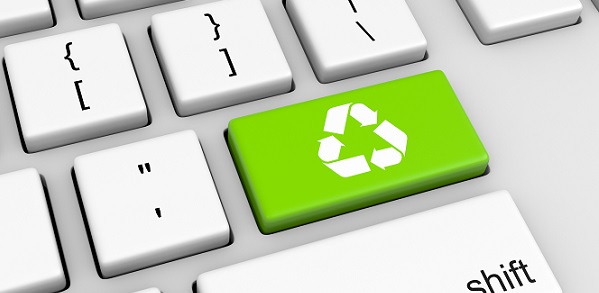
By Rachelle Gordon July 7, 2015
Since the invention of electricity, people have been fascinated by – and purchasing – electronic devices by the truckload. As technology has rapidly advanced over the last couple of decades, the amount of electronic waste – or e-waste, has skyrocketed. Outdated cell phones, broken stereos and virus-stricken computer towers have become quite the burden, as much of the world isn’t prepared to deal with the onslaught of this interesting garbage. The issue at hand is that many electronic devices contain different materials, some of which are toxic while some are considered valuable. So the question for many consumers tends to be: Am I better off selling my old electronics or simply recycling them?Attempt to sell what you can to legitimate organizations
There are a plethora of companies out there willing to take your unwanted electronics, and some will even pay you a surprising amount for them. As mentioned above, lots of e-waste contains valuable materials such as copper or other precious metals. Places who buy these types of items are similar to scrap metal dealers and will give you the market rate for what they can use. Make sure the business or scrap dealer is legitimate – unfortunately, some disreputable organizations have taken to sending loads of devices overseas to be processed in unsafe conditions, committing a crime in the process.When it comes to earning top dollar, it’s all about more current electronics (think older smartphones, video game consoles, etc.). Most malls nowadays have kiosks that will buy your devices on the spot – you can also send them to companies like Gazelle, who will give you an estimate online and then ship you a pre-paid box for your device. Don’t forget about online classifieds such as Craigslist – one man’s trash is always another man’s treasure. However, before reselling any of your electronic devices, you’ll want to make sure they have been wiped to avoid any personal or sensitive data from being exposed.